TOPLINE:
Robust multidisciplinary support is crucial for encouraging internal medicine residents to pursue primary care careers, as many are deterred by administrative burdens and concerns about burning out.
METHODOLOGY:
- Researchers conducted a cross-sectional electronic survey of internal medicine primary care residency graduates from seven institutions who completed training between 2014 and 2019.
- A total of 256 graduates responded to the survey, almost two thirds of whom were practicing in primary care, and no significant differences were found in the self-reported demographics of those who pursued the specialty compared with those who did not.
- Survey topics included fellowship and employment history, interest in primary care as a career choice before and after residency, factors influencing primary care career choice, and satisfaction with residency components.
TAKEAWAY:
- By the end of residency, 95% of those who pursued primary care were interested in the career compared with 42% who did not (P < .001).
- Positive influences on primary care career choice included working with primary care clinicians who were happy and thriving, satisfaction with the continuity of patients during residency, and perceiving the primary care track as valuable.
- Other influences of choosing the career included reporting that primary care work was fulfilling, required a large swath of knowledge and skills, and required the ability to care for many conditions.
- Deterrents for primary care included excessive administrative burden (P = .002), demanding clinical work (P = .005), and burnout concerns (P < .001).
IN PRACTICE:
"These data may compel health system and medical education leaders to explore, advocate for, and implement adaptations that will better support the expansion of the primary care workforce," the authors wrote.
SOURCE:
The study was led by Paul O'Rourke, MD, MPH, of Johns Hopkins University in Baltimore. It was published online on June 20 in the Journal of General Internal Medicine.
LIMITATIONS:
The sample was limited to graduates from seven institutions. The survey was conducted during the COVID-19 pandemic, which may have influenced responses and perceptions.
DISCLOSURES:
This study was supported by grants from the Johns Hopkins Center for Innovative Medicine. The authors disclosed no other conflicts of interest.
This article was created using several editorial tools, including AI, as part of the process. Human editors reviewed this content before publication.

.webp) 2 days ago
2
2 days ago
2
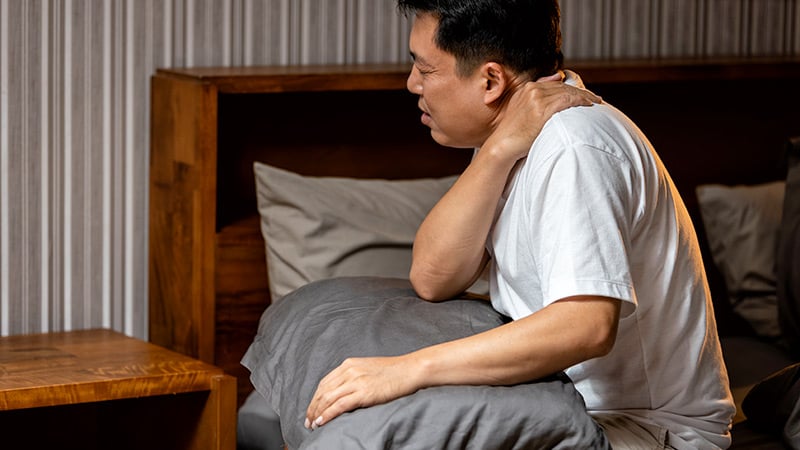


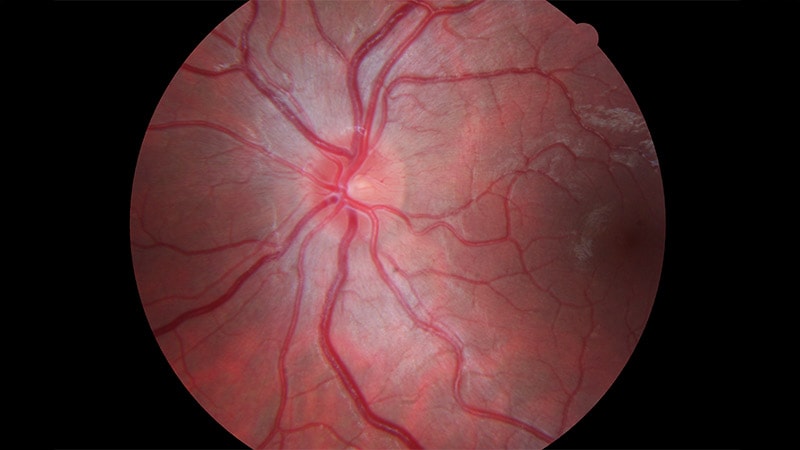



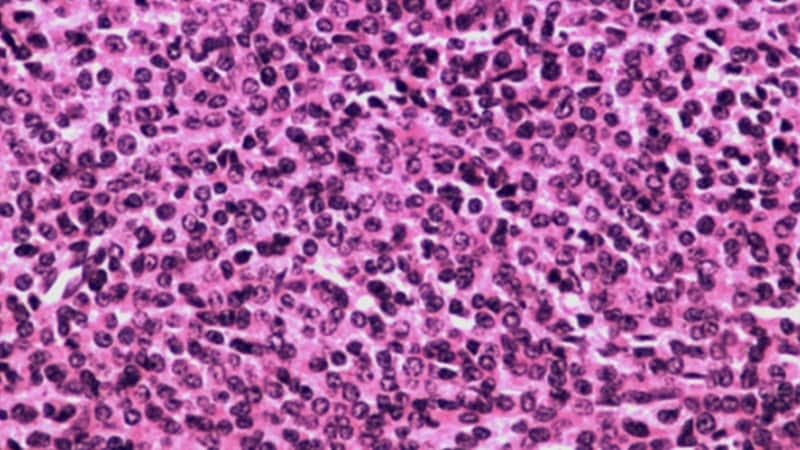
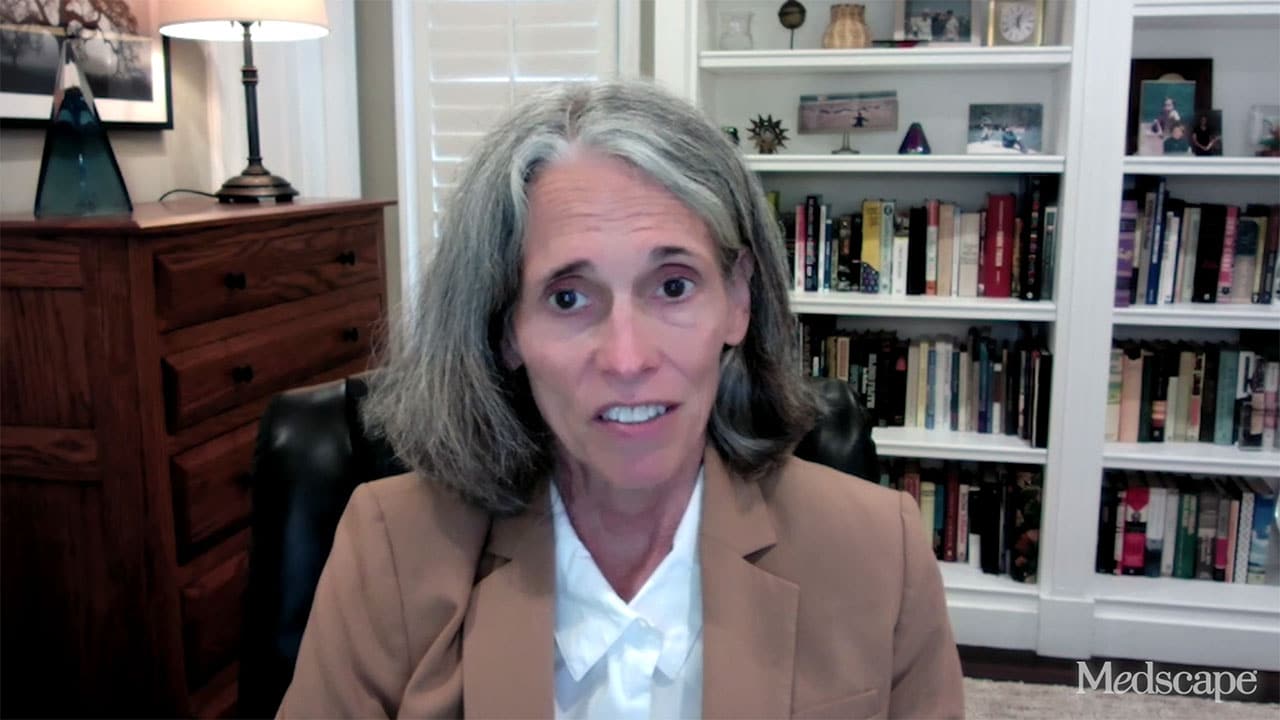


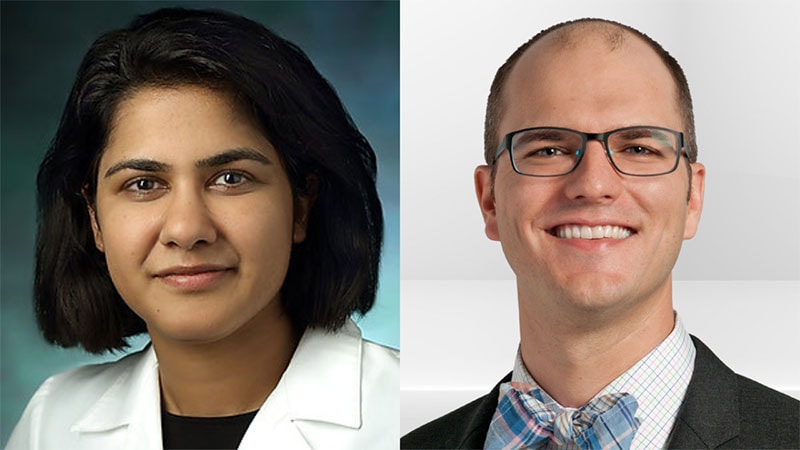









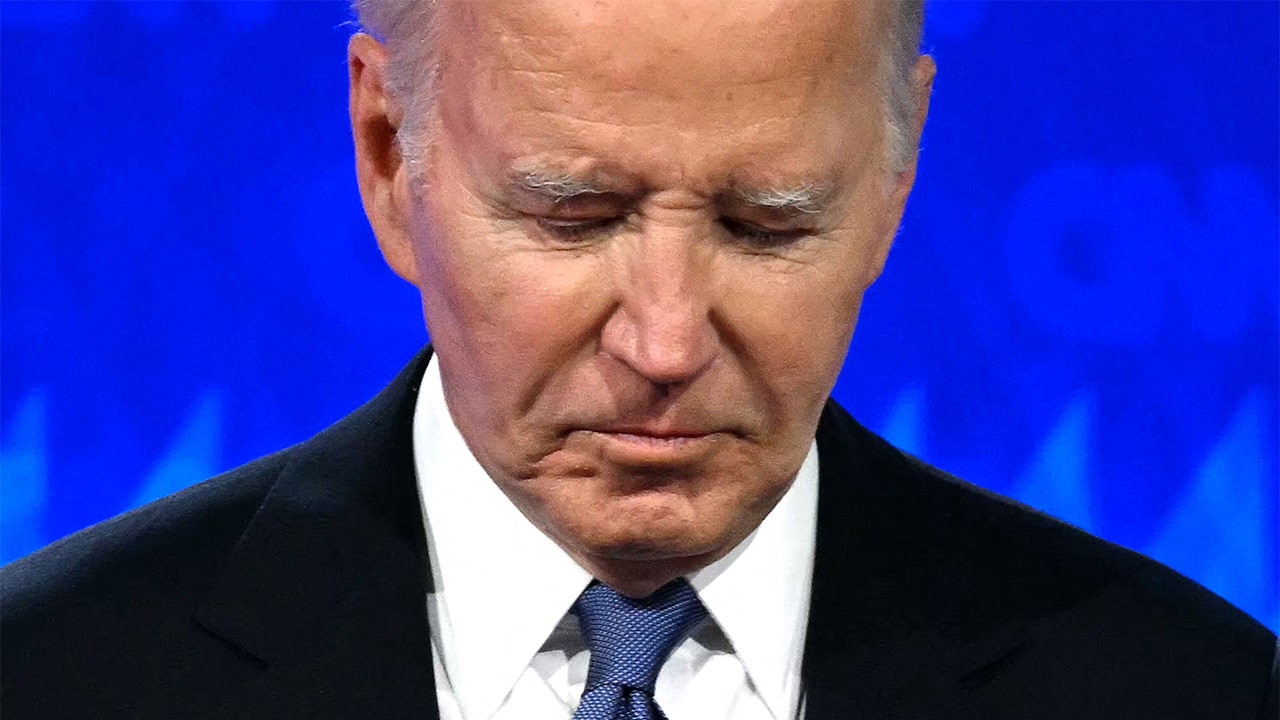




 English (US)
English (US)